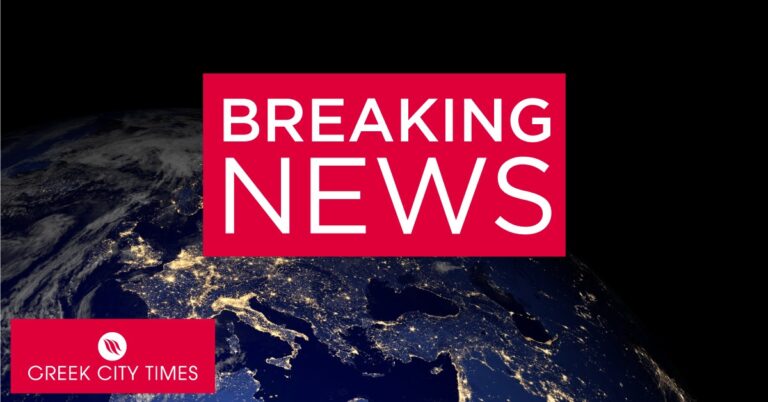
Russian forces captured the ethnic Greek village of Sartana from the Ukrainian Army and the paramilitary Azov Battalions.
Earlier today, the military chief of the Russian-backed Donetsk People's Republic, Denis Pushilin, announced that their "task for today is to take Mariupol."
Mariupol city and its surrounding villages, including Sartana, were under the control of the Ukrainian military and the neo-Nazi Azov Brigade since 2014 when a ceasefire was reached with the separatist forces.
With the capture of Sartana, Russian forces are now within 15 km from the centre of Mariupol city.
Backed by Russian troops, Donetsk's forces also captured the coastal village of Sirokin.
With Russian forces besieging Mariupol and its surrounding villages, in which 120,000+ ethnic Greeks live, SKAI news spoke yesterday with a Mr Kiouranas who lives in the city and said that Ukrainian “fascists” would kill people if they try to leave the city.
When asked by SKAI news if he planned to leave the city, Kiouranas responded “how can I leave? When you try to leave you run the risk of running into a patrol of the Ukrainian fascists, the Azov Battalion.”
“They would kill me and are responsible for everything,” he added.
Who are the Azov Battalion?
Azov Special Operations Detachment (Ukrainian: Окремий загін спеціального призначення «Азов»), or Azov Battalion, is a right-wing extremist and neo-Nazi unit of the National Guard of Ukraine, based in Mariupol, in the Azov Sea coastal region.
In 2014, the regiment gained notoriety after allegations emerged of torture and war crimes, as well as neo-Nazi sympathies and usage of associated symbols by the regiment itself, as seen in their logo featuring the Wolfsangel, one of the original symbols used by the 2nd SS Panzer Division Das Reich.
READ MORE: Turkey provokes F-16s fly over inhabited islands in the Aegean.
Representatives of the Azov Battalion say that the symbol is an abbreviation for the slogan Ідея Нації (Ukrainian for “National Idea”) and deny connection with Nazism.
In 2014, a spokesman for the regiment said around 10–20% of the unit were neo-Nazis.
In 2018, a provision in an appropriations bill passed by the U.S. Congress blocked military aid to Azov on the grounds of its white supremacist ideology; in 2015, a similar ban on aid to the group was overturned by the Congress.
READ MORE: Greece announces willingness to host Ukrainian refugees.
“Of course not, it’s all made up, there are just a lot of people who are interested in Nordic mythology,” said one fighter when asked by The Guardian in 2014 if there were neo-Nazis in the battalion.
When asked what his own political views were, however, he said “national socialist”. As for the swastika tattoos on at least one man seen at the Azov base, “the swastika has nothing to do with the Nazis, it was an ancient sun symbol,” he claimed.
The battalion has drawn far-right volunteers from abroad, such as Mikael Skillt, a 37-year-old Swede, trained as a sniper in the Swedish army, who described himself as an “ethnic nationalist” and fights on the front line with the battalion.
Another speaking to The Guardian, Dmitry, said “I have nothing against Russian nationalists, or a great Russia. But Putin’s not even a Russian. Putin’s a Jew.”
Dmitry claimed not to be a Nazi, but waxed lyrical about Adolf Hitler as a military leader, and believes the Holocaust never happened.
Not everyone in the Azov battalion thinks like Dmitry, but after speaking with dozens of its fighters and embedding on several missions during the past week in and around the strategic port city of Mariupol, the Guardian found many of them to have disturbing political views, and almost all to be intent on “bringing the fight to Kiev” when the war in the east is over.
READ MORE: Greece suspends all cultural events with Russia.